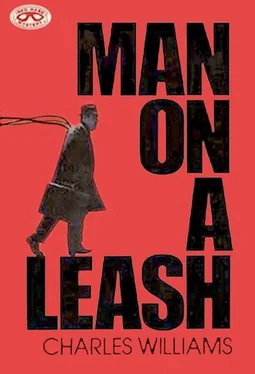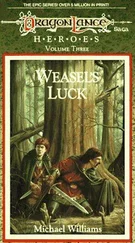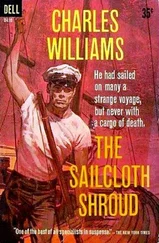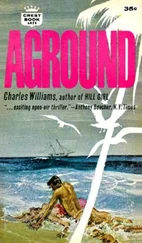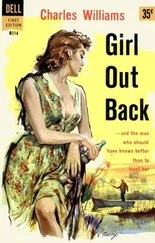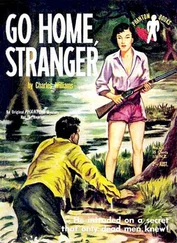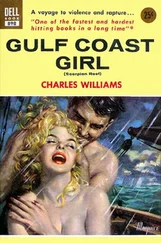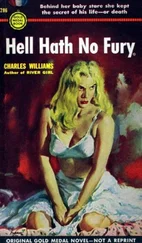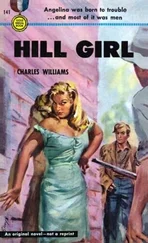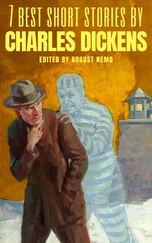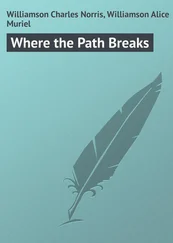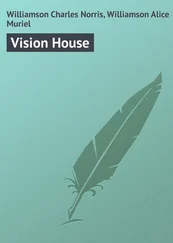Paulette Carmody’s eyes were open now, and she was looking at him in a sort of numb blending of awe and gratitude and returning hope. She started to speak; he cut her off with an abrupt, almost savage, gesture for silence, shoved the door open on her side, and waved— get the hell out, run. She looked startled, almost as if she were as much afraid of him now as of the dynamite, scrambled out of the seat, and began to run along the edge of the road.
He shoved at his door. It was jammed. He was about to slide over and get out on her side when it suddenly gave way and fell open as much as swung open. The screws in the upper hinge had been sheared off by the pressure. He shoved it out of the way, got out, and pulled the seat forward.
Kessler had long since figured out what he was up to, and if he were going to blow it at all, he’d do it within the next few minutes. By this time he must have serious doubts regarding that moonshine about the acid, and anyway he’d send it up to prevent their escape. No amount of money was going to save him if they got away to identify him. The sun was gone out of the canyon entirely now, and the light was poor on the floor behind the seats; he could just make out the detonating caps and their wires. They weren’t soldered, thank God; merely twisted. He pulled the first one loose, and then the other. It was disarmed.
He sighed, and his knees felt weak for a moment in testimony to the amount of tension they’d been under for hours now, and then it was gone, and he was plowing ahead. He pulled the two detonating caps free, straightened, and threw them back up the road, indifferent as to whether they exploded or not. They didn’t. He yanked at the webbing holding down the two bundles of dynamite, tore it loose, and set the explosive out on the ground at the base of the boulder. Paulette Carmody had climbed a short distance up the slope a hundred yards away and was watching him from behind another big rock. He gestured that she could come back now.
He tore off the straps holding the piece of electronics equipment in place and hauled it out. All the interconnecting wires, several still fast to dangling clusters of batteries like the fruit of some electronic grapevine, seemed to converge into one cable at the back of it. He caught it by the cable and swung it against the boulder, batteries and all. Parts began to detach and drop among the sticks of dynamite at his feet as Paulette came up.
He threw up the lid of the trunk, hauled out that transmitter or receiver or whatever it was in there, swung it once against the boulder, and let it fall. It landed on another stick of dynamite. Paulette winced but made no move; she seemed to be in a trance. The left-hand door was still sagging open on one hinge. He caught it, swung it down, using it as its own fulcrum, and the bottom hinge tore out. He tossed it aside.
“Can we go back now?” Paulette asked, almost timidly.
“No. Go way up the hill there and hide. Don’t show yourself to anybody until you see a car with police markings.”
He threw up the lid of the steel box and lifted out one of the suitcases. “Just in case this thing burns,” he said as he heaved it out of sight on the other side of the boulder.
It landed with a thud, and Pauline winced. “But—the acid?”
He grabbed out the other bag and tossed it. “There is no acid. It was only a bluff, to keep him from blowing it until we could get out.” He waved. “Hide. Take cover.”
“Wh-what are you going to do?”
He’d already lunged into the seat and was fastening the belt. He grinned, and she seemed almost to recoil. “I want Kessler,” he said. “And I’ve got one more dirty trick, if it works.”
He hit the ignition switch. Wheels spun, caught, the car lurched back on the road, the rod still sticking out on the right, and began to gather speed. She looked after it, her lips just moving as she whispered. “Berserk ... berserk ...” She turned then and began to climb up the slope.
The canyon turned left just ahead. He made it on screeching tires. There was a clatter on his right as the rod struck something and bent back along the side of the car. The canyon ran straight ahead for nearly half a mile between steep walls with scarcely room for two cars to pass. He was doing seventy now. This was the place to do it, right here, if he still had time. Kessler would be hot on their trail, God only knew how far behind.
The road ran out of the canyon, climbing into rougher hills. There was a jeep track going up over a ridge to his left. He swung onto it, skidding, and went bounding up, rocks clattering against the underside of the car. At the top he could see most of the immense valley to the south of him and the three hills still somewhat west of south. And a plume of dust. He grinned again, the same wolfish grin that had startled Paulette Carmody. There he was.
The car was traveling eastward at high speed from the general area of the three hills, headed for the road they’d come up. The rifleman, whichever one he was, would be afoot. Kessler was going to pick him up, and they’d turn north in pursuit of their $2,000,000 and their unarmed victims.
Then he saw something else. Far to the south, miles beyond the other car, were more streamers of dust. Several cars, at least, and they seemed to be going flat out, headed north. He sighed in relief. Carroll had made it back to the highway.
Kessler had turned north now, along the road they’d come up. When the car came abreast the low ridge where the rifleman had been, he could see it slow and stop for an instant, though it was too far to see the man himself. Then it came on, doing seventy at least, still miles ahead of the cars to the south.
He looked left along the ridge and the canyon below it. It would be a quarter mile at least till he’d be above the narrowest part of it, a rock-strewn demolition course, gullied, grown up with cactus, blocked by boulders, with no road at all. A jeep could make it, or anything with high clearance and four-wheel drive, but could this thing? He grinned again as he swung the wheel over and gunned it off the jeep track. There wouldn’t be much of it left, but then there wouldn’t be much left anyway.
He plowed through prickly pear, smashed the windshield on a limb of a dead tree, got stuck in loose gravel but made another run at it and got through, and tore two fenders off as he caromed off boulders, and then a hundred yards short of his objective there was a crunch underneath from a rock too high to clear. He looked back and saw a black line of oil. He’d punctured the pan, and the motor was going to freeze up any minute. He looked down and to his left. This would do.
The narrow canyon was below him, some three hundred feet down a fifty-degree slope. Kessler was still in the flat a mile away, approaching the entrance at seventy miles an hour. Still far back, the other plumes of dust were rising in pursuit, but gaining little if at all. He turned, stopped the car on the brink, and held it with the brake while he unfastened the belt. Kessler went out of sight at the upper end; then he was skidding around the turn into the narrow, half-mile straightaway below him. He released the brake, held the wheel while the car picked up momentum, headed it straight down, and jumped.
* * *
Romstead replaced the phone and picked up his drink. Mayo stood looking moodily out the window at the East Bay lights in the gathering dusk. He went over to her.
“That was Brubaker,” he said. “I asked him to call and reverse the charges. They found him this afternoon. Out at the old Van Sickle place.”
“Found whom?” she asked.
“You remember. Top Kick—that is, Delevan—said the old man killed one of them—”
“And the only reason you didn’t kill two more is that the police got there in time to stop you. The strain is improving.”
Читать дальше
